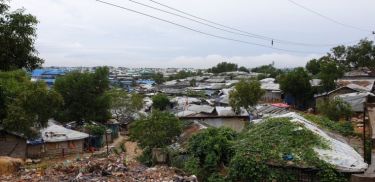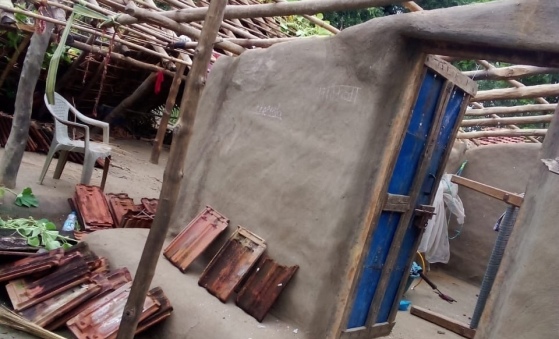
Rohingya refugees in Bangladesh face serious danger if returned to Myanmar’s Rakhine State, according to Amnesty International. The warning came at a UN General Assembly meeting in New York, focused on plans to repatriate more than one million Rohingya living in the Cox’s Bazar refugee camps.
Most Rohingya fled Myanmar’s military between 2016 and 2017 during widespread persecution described by the UN as a “textbook example of ethnic cleansing.” Many now remain vulnerable to forced labour, hunger, health crises, and renewed violence.
At the conference, Rohingya activist Maung Sawyeddollah highlighted the ongoing threats, showing evidence of drone strikes and attacks on civilians. He emphasised that the atrocities are systematic and not isolated incidents, asking why international bodies have failed to prevent such violence.
The civil war in Rakhine has further complicated the situation. Fighting involves Myanmar’s military, the Arakan Army (AA), an ethnic Rakhine militia, and the Arakan Rohingya Salvation Army (ARSA). Reports indicate that the AA has targeted Rohingya communities with killings and village burnings, while ARSA has sometimes aligned with the military, including reportedly conscripting Rohingya youth in refugee camps.
Rohingya activists warned that military actions, including sexual violence, forced recruitment, and the blocking of aid, have intensified the crisis. Wai Wai Nu, founder of the Myanmar Women’s Peace Network, stressed that without urgent international action, the Rohingya population in Myanmar could face further displacement or annihilation.
Recent Amnesty interviews with refugees from Maungdaw and Buthidaung townships revealed that northern Rakhine remains unsafe for return. Joe Freeman, Amnesty’s Myanmar researcher, said, “The Arakan Army has, to many Rohingya, replaced the Myanmar military as their oppressor. Armed groups are forcing civilians into conflict, and humanitarian supplies are critically low due to cuts in US aid.”
UN officials reported that 150,000 more Rohingya have fled in recent months, and food rations in refugee camps have been reduced, worsening malnutrition and mortality among children and infants. Amnesty and UN representatives stressed that any repatriation must consider the severe risks to all communities, including Rohingya, Rakhine, and other ethnic groups.
Adapted from Asia News.




